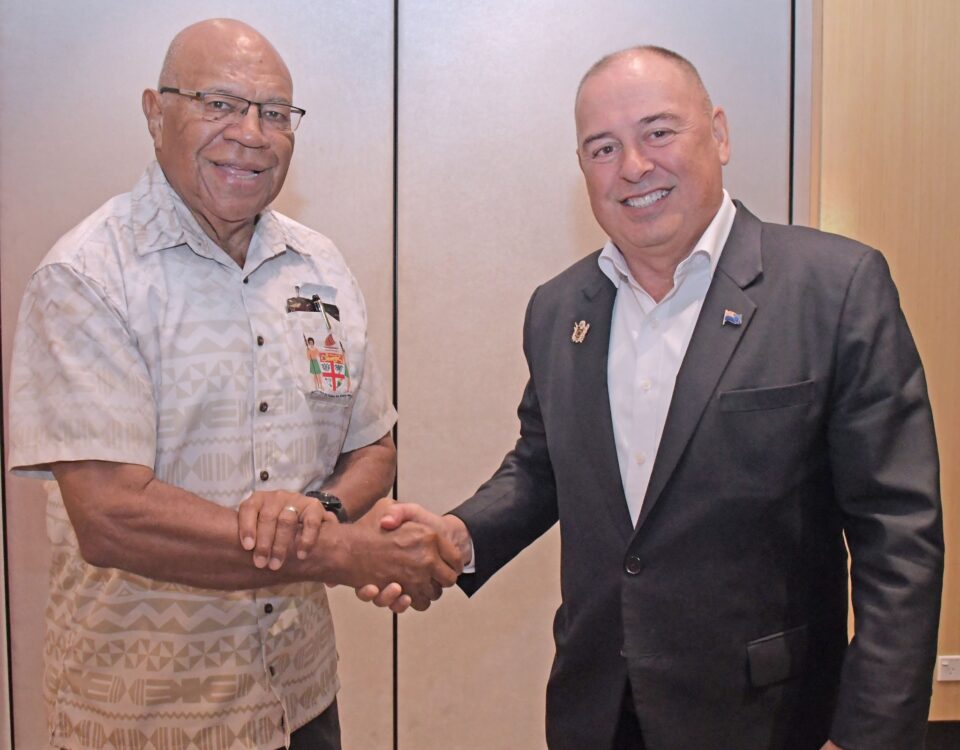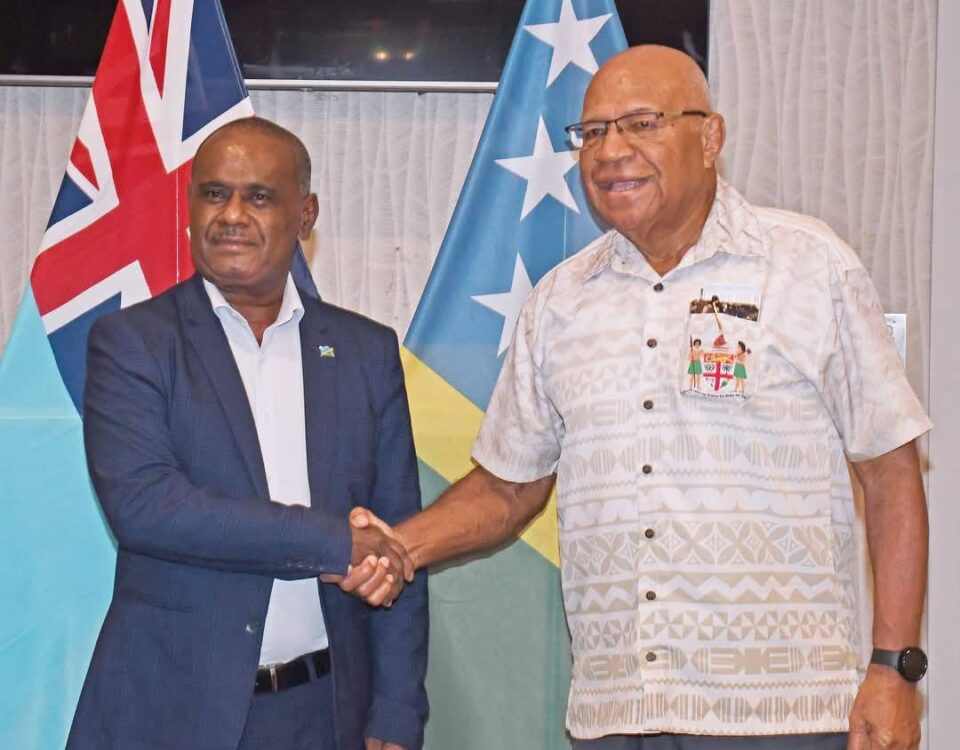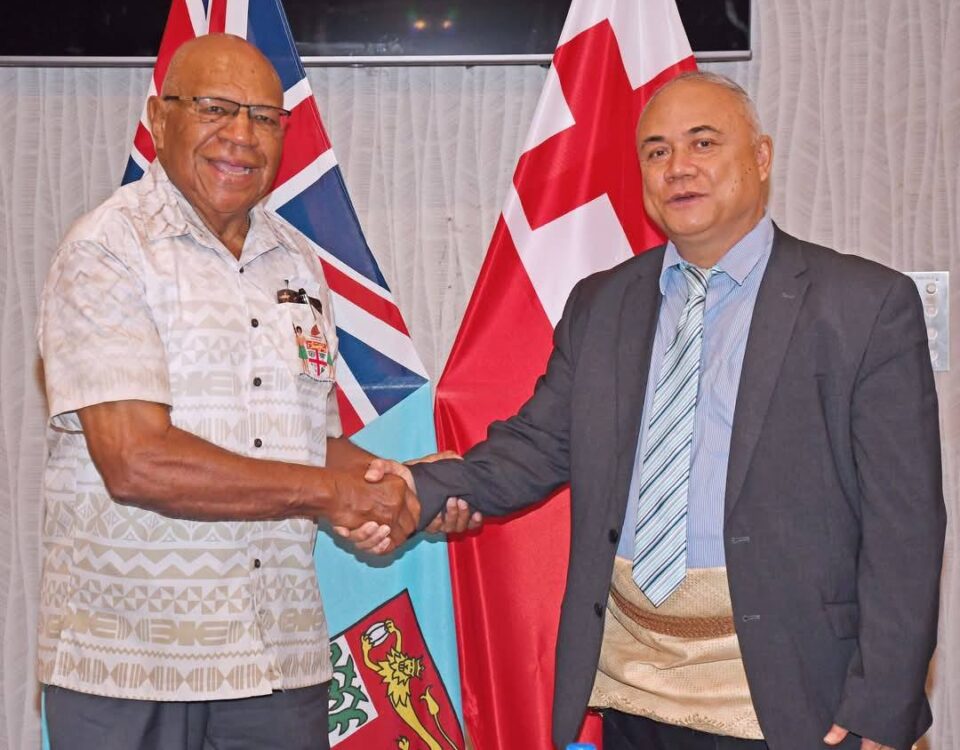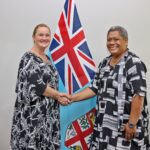
Permanent secretary for Foreign Affairs, Dr. Raijieli Taga receives a courtesy call from the New Zealand High Commissioner to Fiji, H.E Charlotte Darlow
13/02/2025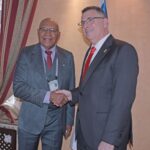
Fiji and Israel Strengthen Bilateral Ties
15/02/2025Published On: 14/02/2025
The continual training and upskilling of Fijian forestry workers in New Zealand remains a key priority for the Fiji High Commission in Wellington, New Zealand.
This was emphasised by Fiji’s High Commissioner to New Zealand, Ratu Inoke Kubuabola, while Fiji High Commission in Wellington explores opportunities for New Zealand employers to collaborate with Fijian educational agencies. The goal is to equip the Fijian workers with the necessary skills before they arrive in New Zealand.
Ratu Inoke, along with Second Secretary Josua Tuwere, recently met with representatives from Te Wananga o Aotearoa University, Waiwhero Campus in Rotorua, including Shand Edwardson, Chantelle Edwardson, and Reoirirangi Tutengaehe, to discuss the way forward to facilitate training initiatives for Fijian workers. Also in attendance was Joe Taute, representing Mahi Rakau Forest Management (MRFM), the largest employer of Fijian forestry workers in Rotorua. Currently, MRFM employs just over 70 Fijian forestry workers on 12-month contracts.
One of the key challenges identified is that the forestry sector is not currently included under New Zealand’s Recognized Seasonal Employer (RSE) Scheme, leading to gaps in the monitoring of worker contracts and performance. However, Ratu Inoke remains optimistic, stressing that there are viable ways to address the training needs of Fijian forestry workers.
Both Te Wananga o Aotearoa and MRFM have expressed their willingness to facilitate Fiji-based training courses that comply with the New Zealand Qualifications Authority (NZQA) standards. Such initiatives would ensure that Fijian workers are adequately prepared before their deployment to New Zealand.
The Fiji High Commission Team aims to return to Rotorua next month to meet with Fijian forestry workers, community leadership and pastors and provide update on negotiations and collaborations explored for Fiji-based forestry training programs to further support the Fijian workers.





